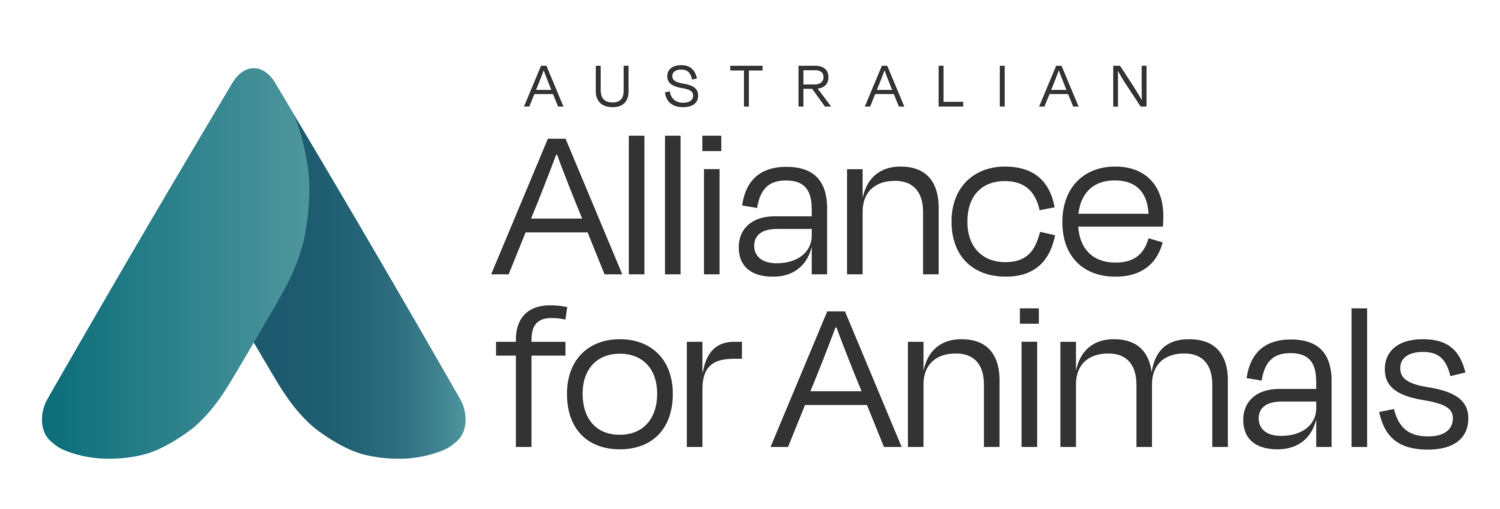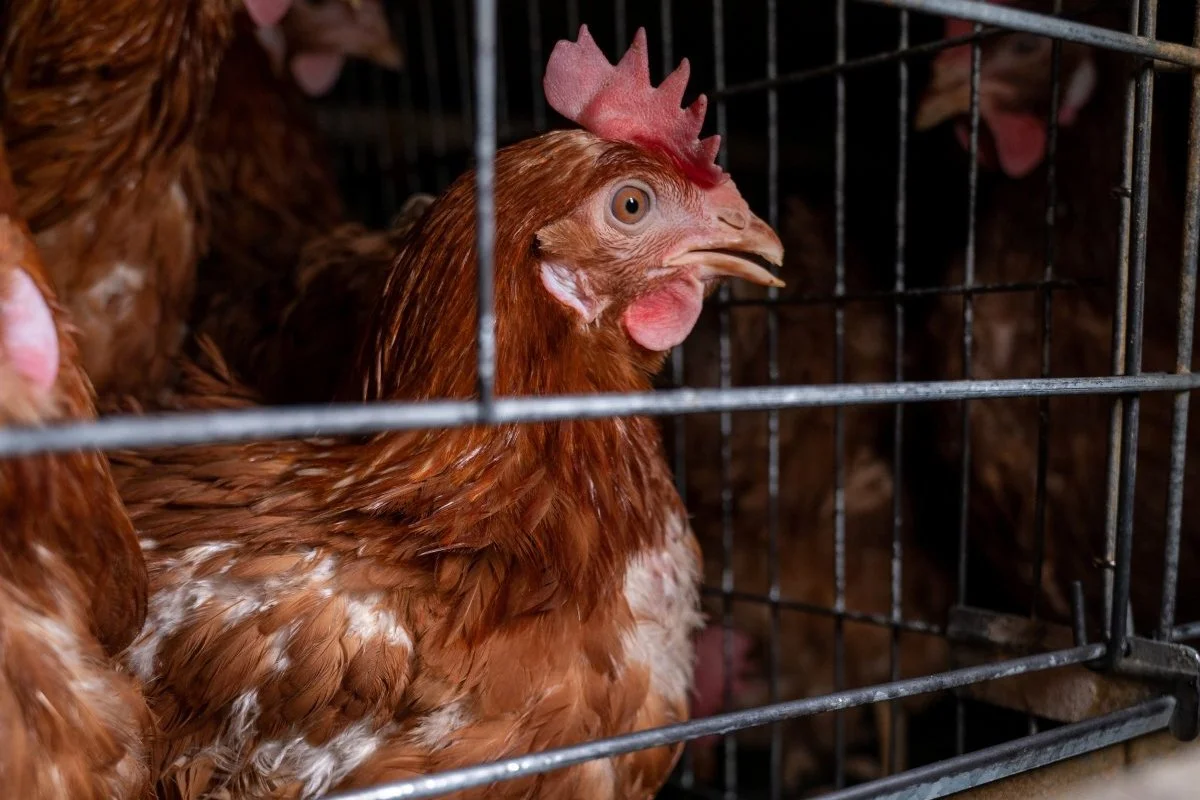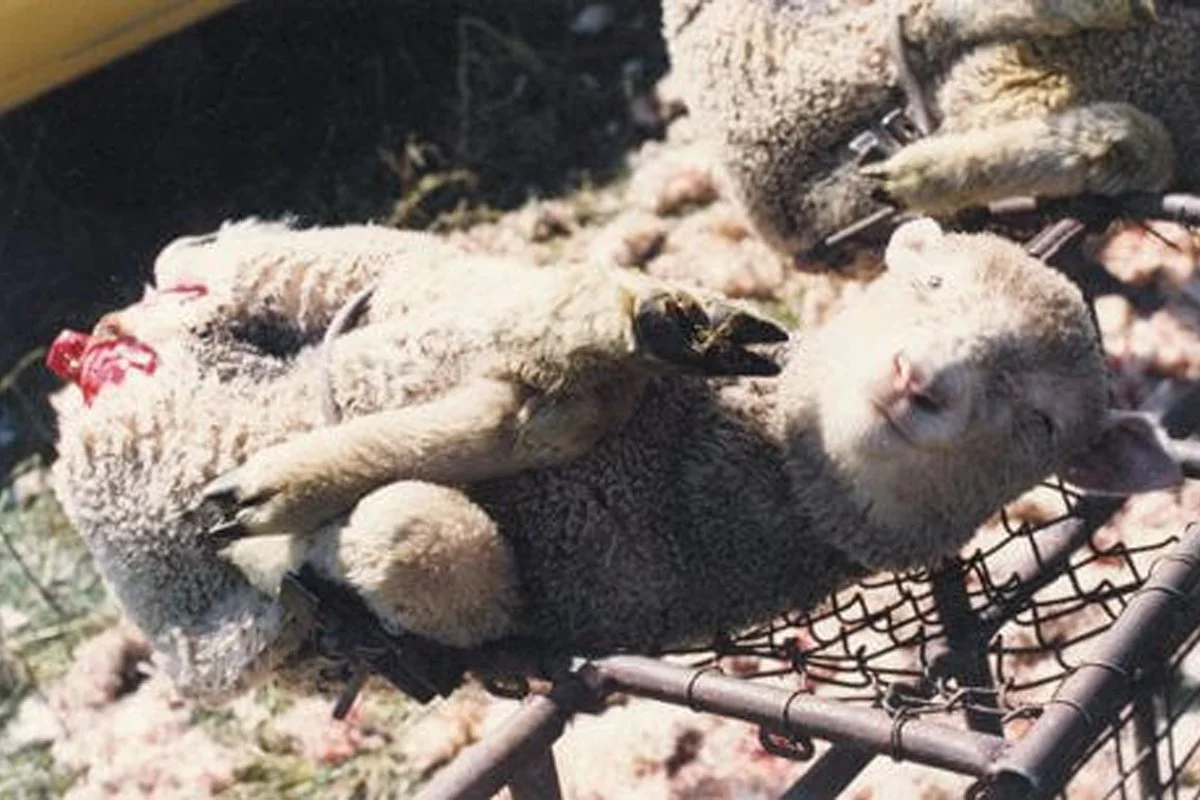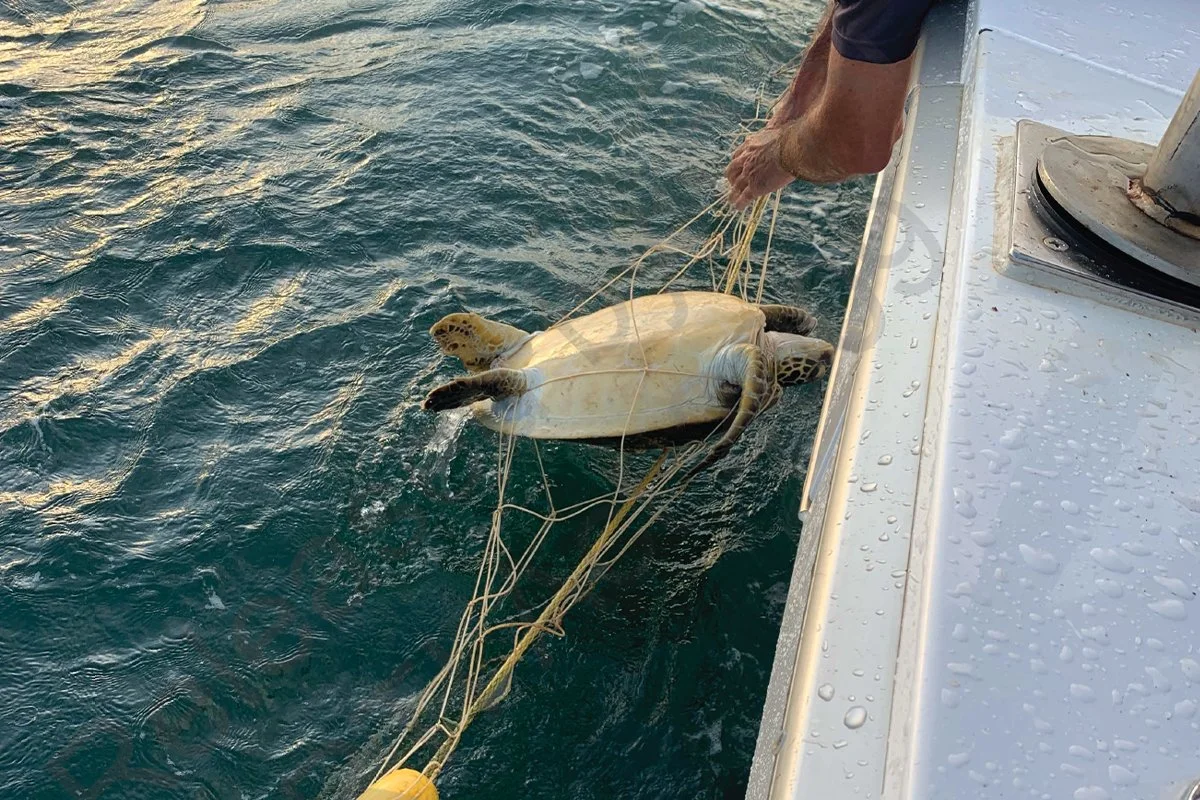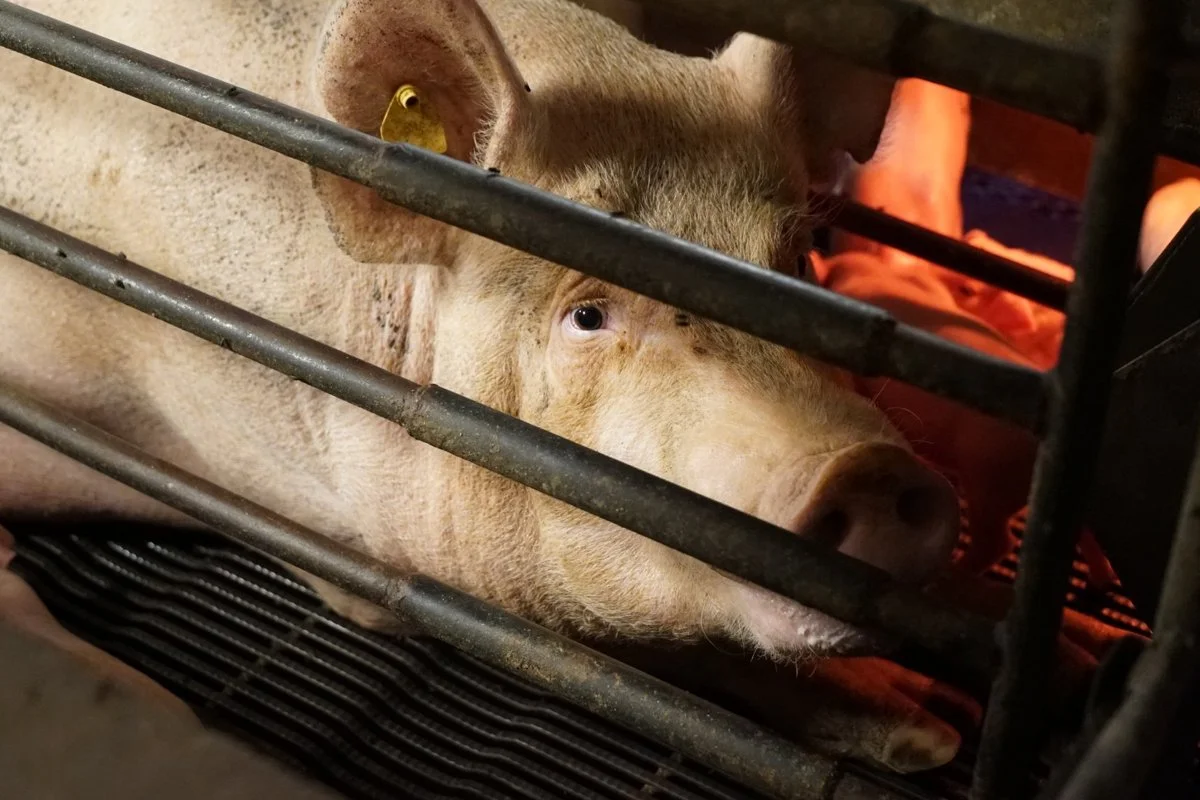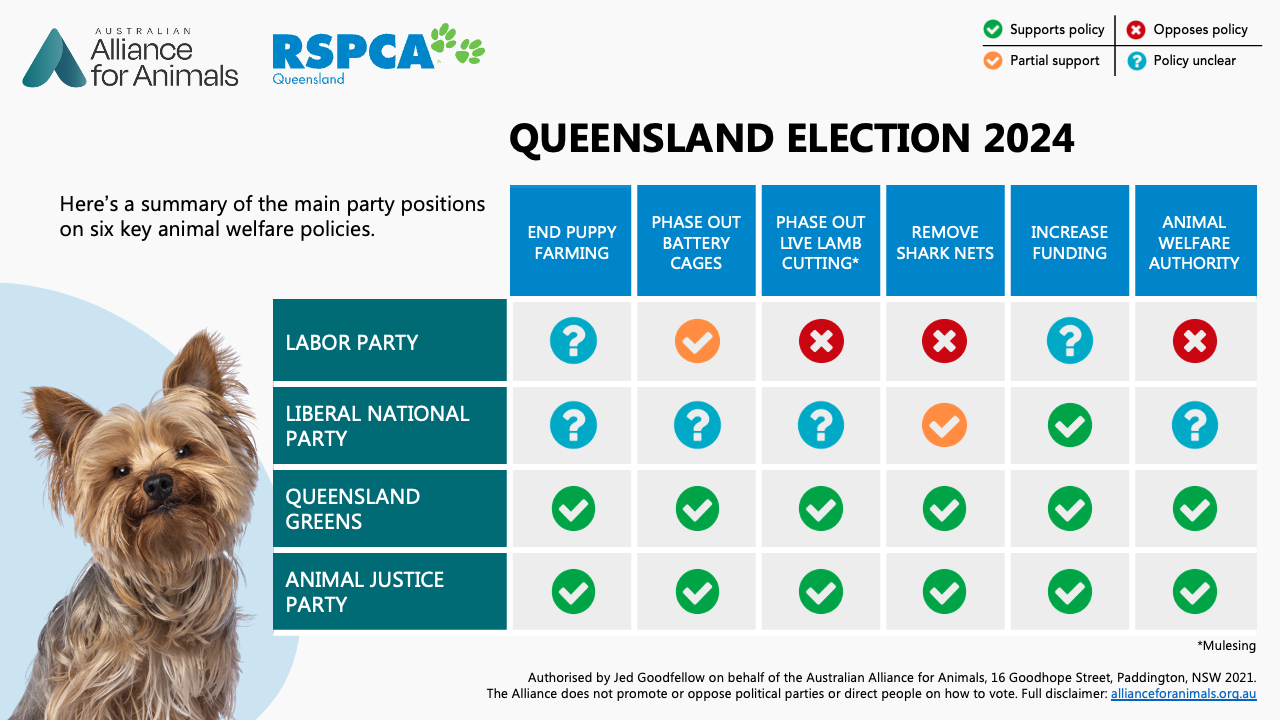Putting animals on the political map this Queensland election
The Alliance for Animals has partnered with RSPCA Queensland to raise the political profile of animal welfare during the Queensland election. We've contacted all registered parties to find out where they stand on the following six key reform issues for animals.
Ending puppy farming
Puppy farming involves intensively breeding dogs for profit with little to no consideration for their welfare. Dogs living in these facilities often suffer from overcrowding, confinement, and a lack of basic care or veterinary treatment. They may never have the chance to socialise with humans or other dogs. As a result, these dogs and their puppies often develop serious health and behavioural problems. Without strong, enforceable standards, puppy farmers will continue to operate in Queensland.
Image: RSPCA Queensland
Policy ask:
Support strengthening the Animal Care and Protection Act 2001 and associated Animal Welfare Standards and Guidelines for the Breeding of Dogs and their Progeny (the Code of Practice) to better regulate the conduct of businesses breeding dogs for profit.
This includes:
1. A cap on the number of litters per bitch to four in her lifetime.
2. Prohibiting the sale of puppies and kittens from pet shops unless they have been sourced from a reputable animal rescue organisation.
3. Powers for Inspectors to conduct routine inspections (without the need for a warrant) of commercial dog breeding facilities to ensure compliance with the Code of Practice.
Phasing out battery cages
In Australia, more than 5 million hens continue to be confined in battery cages. In these small wire cages, hens have their movements restricted which denies them natural behaviours and causes both physical and psychological issues. Over one third of Australia’s layer hens are in Queensland.
Standards to phase out battery cages have been drawn up, but without state government action, they will not be implemented or enforced.
Image: Farm Transparency Project
Policy ask:
Agree to implement the endorsed Australian Animal Welfare Standards and Guidelines for Poultry into Queensland legislation before June 2025 with a phase out date for conventional battery cages of 2032.
Phasing out live lamb cutting (mulesing)
Live lamb cutting, traditionally known as mulesing, is a painful operation performed on young lambs in order to prevent flystrike. Lambs are held down in metal cradles while the skin folds around their buttocks, hind legs, and base of their tail are cut off without any prior pain relief. The procedure is traumatising for lambs and the large open wounds can take many weeks to heal.
Despite an ethical and viable solution already existing, the Australian wool industry has failed to end the cruel practice. Case studies show that transitioning the Australian flock back to flystrike resistant plain-bodied Merino sheep can be achieved within 5 years and will eliminate the need to continue live lamb cutting.
Image: Animal Liberation Victoria
Policy ask:
Support the introduction of legislation to phase out live lamb cutting (mulesing) by 2030, require multi-modal pain relief while the practice continues, and promote the breeding of fly-strike resistant sheep.
Removing shark nets
The Queensland Shark Control Program currently uses shark nets all year round at 86 beaches in Queensland. Shark nets are indiscriminate killers, placing humpback whales, dolphins, dugongs, rays, and turtles at risk of being caught. Animals who become caught in the nets experience fear and distress. Many animals die while trapped in the nets, and those who may escape or be released can still succumb to their injuries and die.
Shark nets should be replaced with non-lethal mitigation technologies, such as the use of drone surveillance, patrols, shark listening stations, tagging programs, and active and passive repellents. Additional strategies like beach surveillance and public education programs about shark-related risk factors are also crucial.
Image: Envoy Foundation
Policy ask:
Support the removal of shark nets from Queensland waters and implement alternative shark mitigation technology that does not endanger marine life.
Increasing animal welfare funding
Currently, animal-welfare related services receive minimal support – less than one per cent of the Queensland Department of Agriculture’s budget. Further, these services are rarely detailed in departmental spending records, and when they are, it’s typically linked to other priorities like biosecurity or market access.
Image: RSPCA Queensland
Policy ask:
Increase funding for essential animal welfare services, including:
1. $39.1 million over four years for the RSPCA Qld Inspectorate to uphold the Animal Care and Protection Act 2001.
2. $15 million capital contribution to the RSPCA Qld Wildlife Hospital Centre of Excellence to meet the increasing need for wildlife care and rehabilitation services, research and education within Southeast Queensland.
Establishing a State Animal Welfare Authority
In Queensland, the Department of Agriculture and Fisheries (DAF) is delegated with responsibility for the state’s animal welfare compliance and policy services. This department is also responsible for promoting the interests of the agriculture and fisheries industries, which results in conflicting priorities. An independent regulatory authority for animal welfare would help ensure impartial decision making, enhance transparency, and build public trust in animal welfare enforcement.
Image: Farm Transparency Project
Policy ask:
Agree to strengthen animal welfare enforcement arrangements by establishing a Queensland Animal Welfare Authority as an independent statutory body under the Animal Care and Protection Act 2001 with responsibility for administering the Act, and with an appropriate budget allocation to ensure adequate resourcing.
(Note: this would not replace RSPCA inspectors – they would report to the Authority).
Which Queensland parties are prioritising animal welfare?
What can you do?
Engage with candidates/parties: We’ve created a toolkit to help you contact the parties and let them know what you think about these issues.
Educate & share: Learn where the parties and candidates stand on key reforms for animals & share our scorecards with your networks.
Follow the Alliance: Keep up-to-date with the issues by following the Alliance on social media & signing up to our news.
